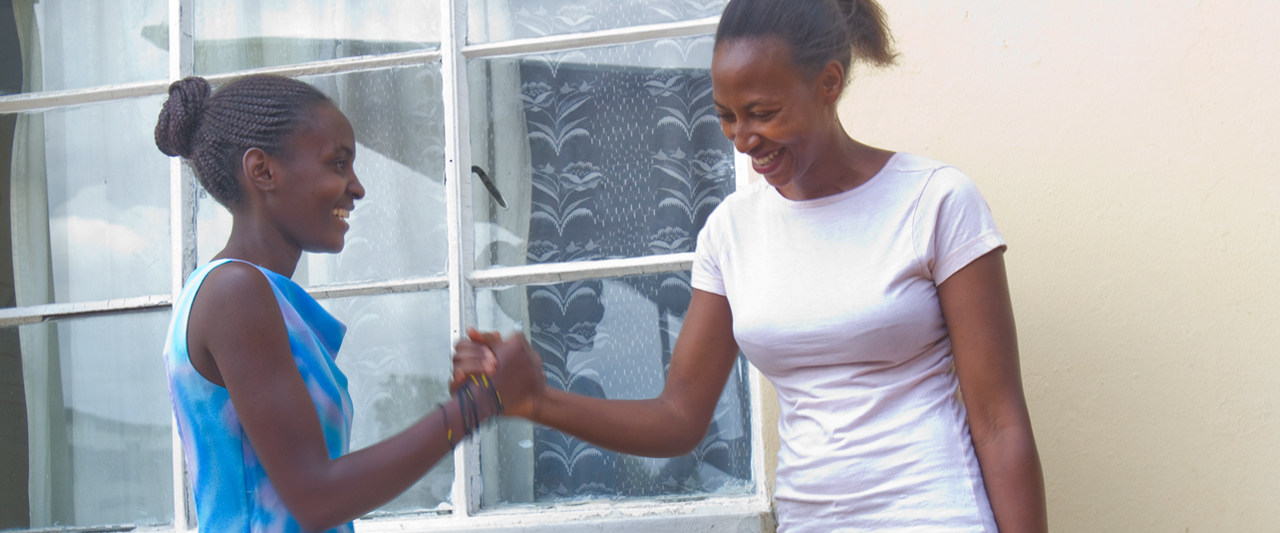Last month, Rwanda made historic progress toward advancing sexual and reproductive health and rights: President Paul Kagame pardoned 367 women and girls who had been jailed for abortion, and a ministerial order broadened the conditions under which people can access abortion. As part of the order, girls under 18 have the right to terminate a pregnancy before 22 weeks.
“These steps recognize abortion as a health and rights issue and acknowledge that imprisoning women for abortion does not address the reasons why women have abortions,” says Gillian Kane, Ipas senior policy and advocacy advisor.
Each year in Rwanda, roughly 24,000 women and girls need emergency medical treatment from unsafe abortion. A 2015 study by Ipas, Great Lakes Initiative for Human Rights and Development (GLIHD) and Association Rwandaise pour le Bien-Etre Familial (ARBEF)—When Abortion is a Crime: Rwanda—found that young, poor, rural women are more likely to have unsafe abortions, risking injury or even death.
Rwanda previously expanded legal grounds for abortion in 2012, to include cases of rape, incest, forced marriage and fetal impairment, but stigma and bureaucratic barriers inhibited full implementation of the law. Some women who have had abortions have been charged and imprisoned for infanticide, and women who have miscarried have been charged and imprisoned for abortion.
Tom Mulisa—executive director for GLIHD, who advocated for the change—told The Guardian that further steps must be taken to “address the sheer number of women and girls that continue to be imprisoned for seeking healthcare services.”
“Much needs to be done in Rwanda to advance women’s full access to comprehensive reproductive health care,” wrote Kane, in an article for Open Democracy. “Still, Kagame’s most recent pardon of imprisoned women and girls… along with the government order making it easier for Rwandan women to access legal abortion, is a step forward.”
For more information, contact [email protected].


